From city to city, and sometimes, block to block, gas prices in the United States vary widely.
As of April 30, 2024, California has the most expensive gas at $5.39 per gallon, while Mississippi offers the cheapest at just under $3.10.
California’s High Gas Taxes
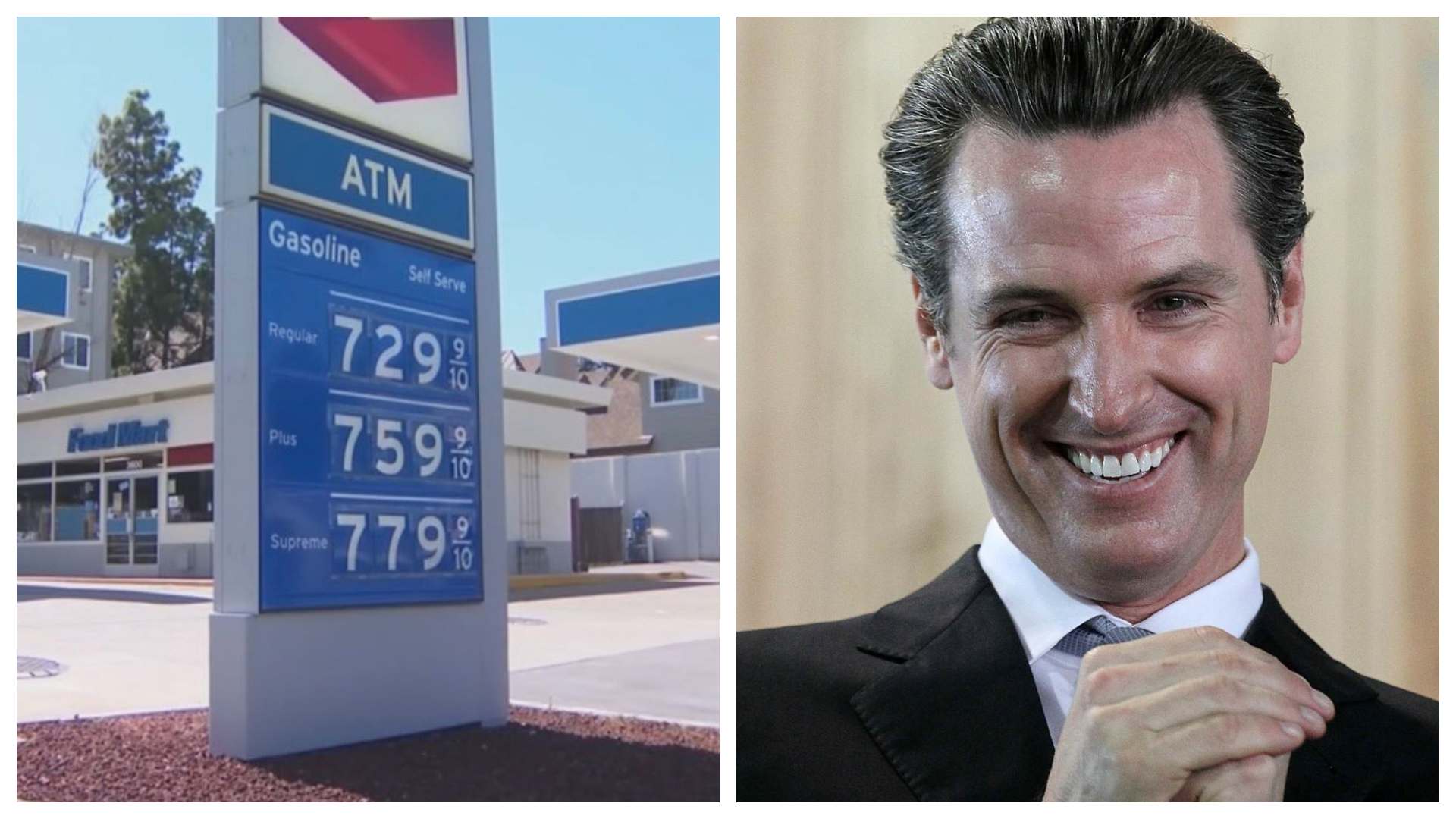
California’s average state gas tax is $0.779 per gallon, one of the highest in the nation.
These high taxes significantly impact the price at the pump. This steep tax rate is a major reason why California consistently has the most expensive gas in the United States.
Environmental Regulations in California
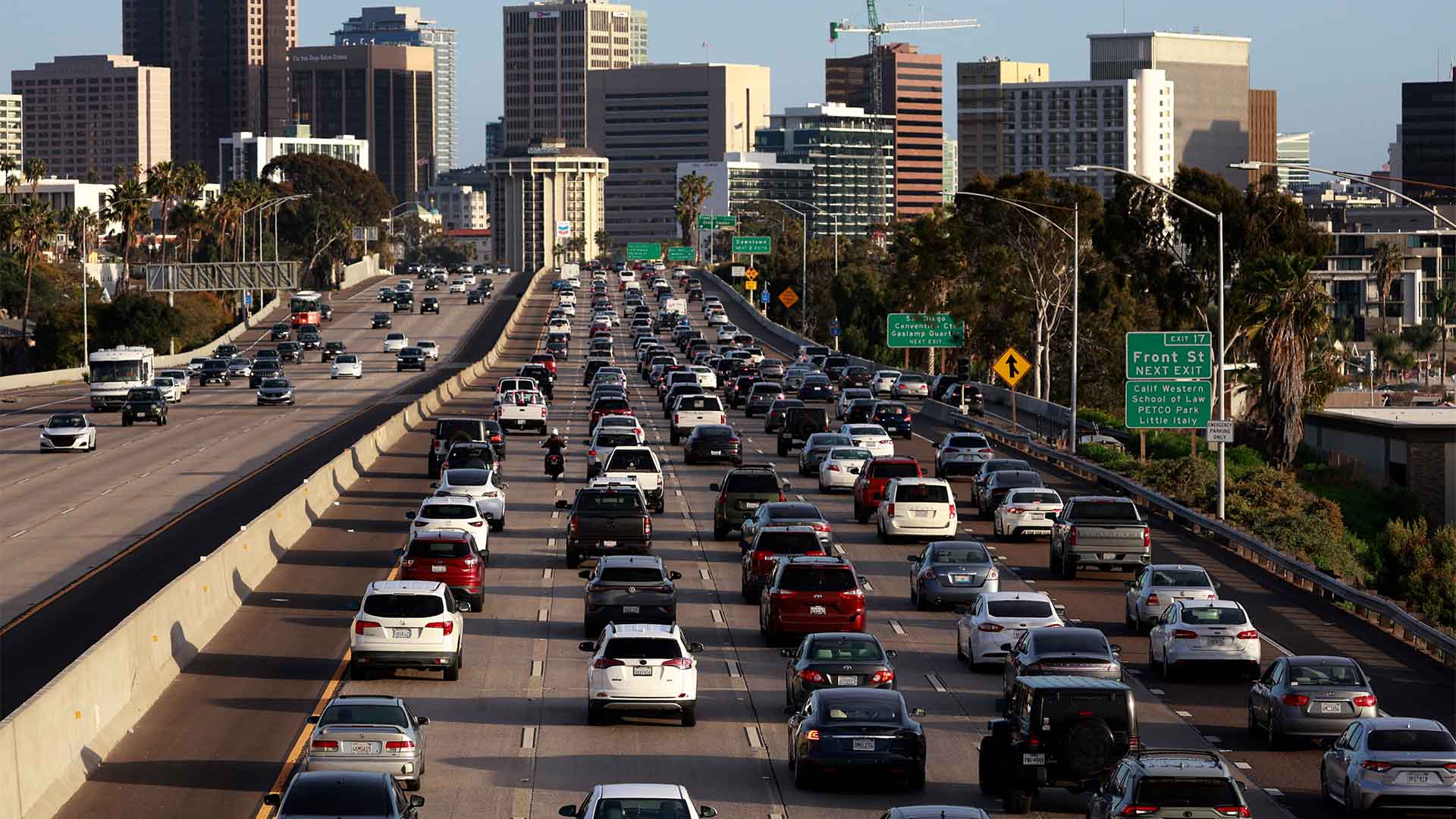
California’s stringent environmental regulations require the use of reformulated gasoline to reduce pollution.
While beneficial for the environment, these regulations add to the cost of gasoline. The state’s unique blend of gasoline is more expensive to produce and distribute, driving up prices.
Transportation Costs
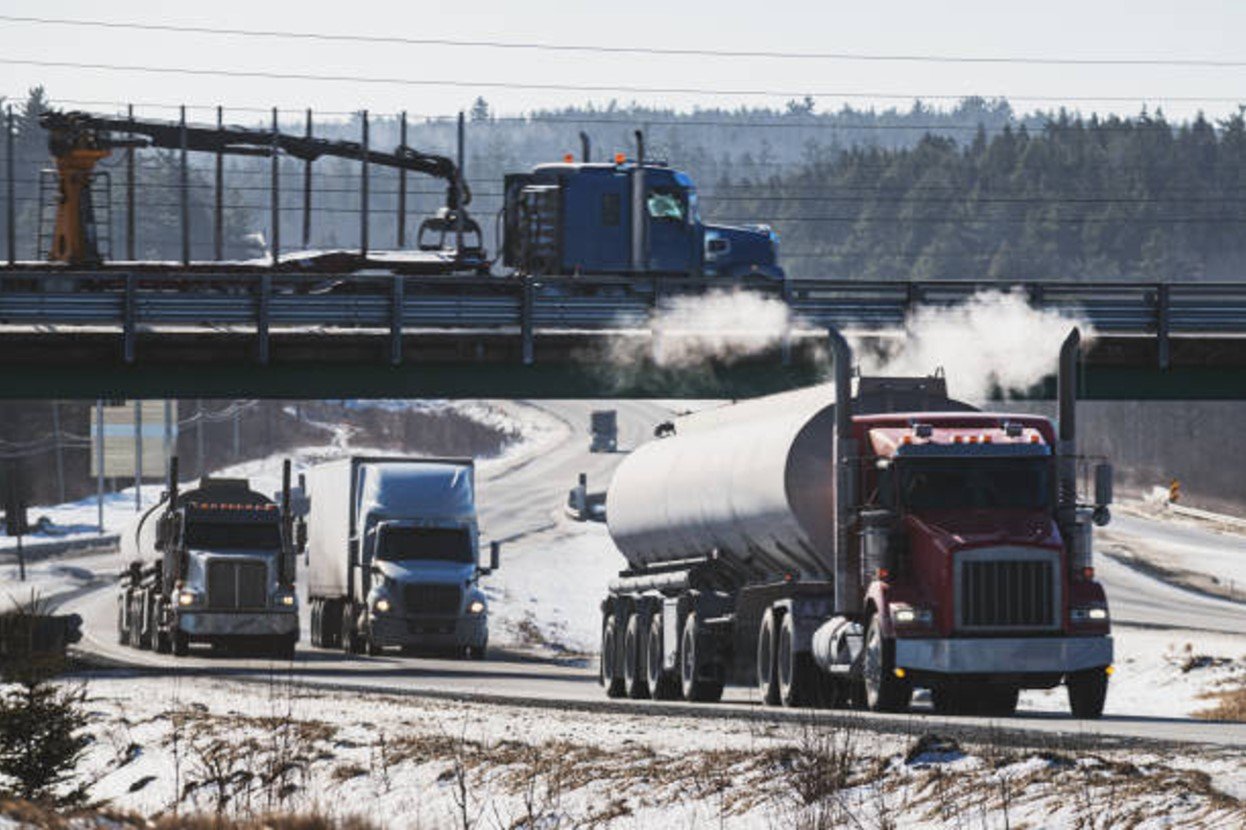
The distance from supply sources affects gas prices. California, with its vast geography and high demand, faces higher transportation costs.
The farther gas has to travel, the more expensive it becomes. California’s size and distribution logistics contribute to its high gas prices.
Competition Among Gas Stations
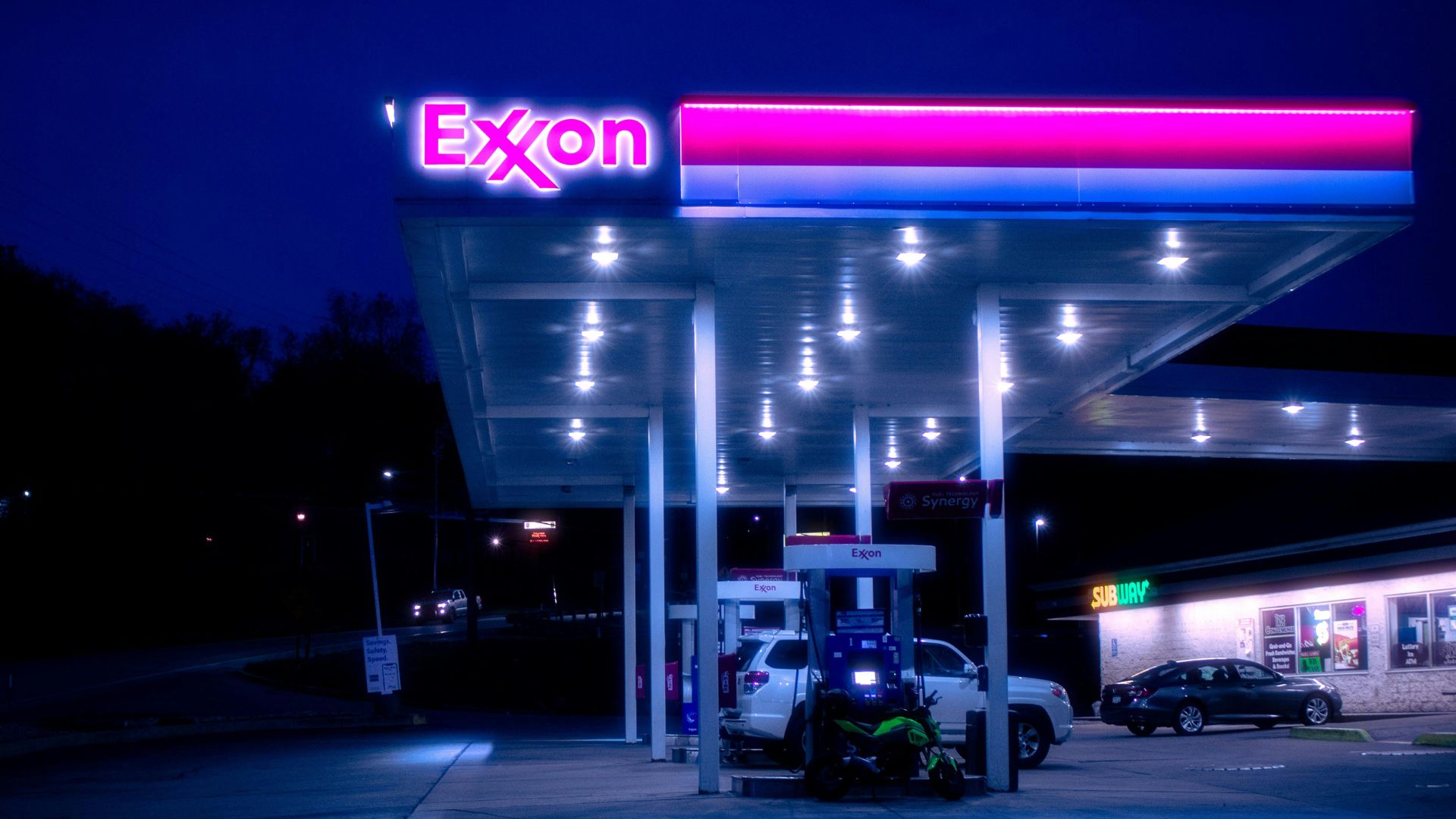
In areas with fewer gas stations, prices tend to be higher due to less competition. Although California has many gas stations, high demand and other factors keep prices elevated.
Competition can help, but it’s not enough to counteract taxes and regulations.
Mississippi’s Low Gas Taxes
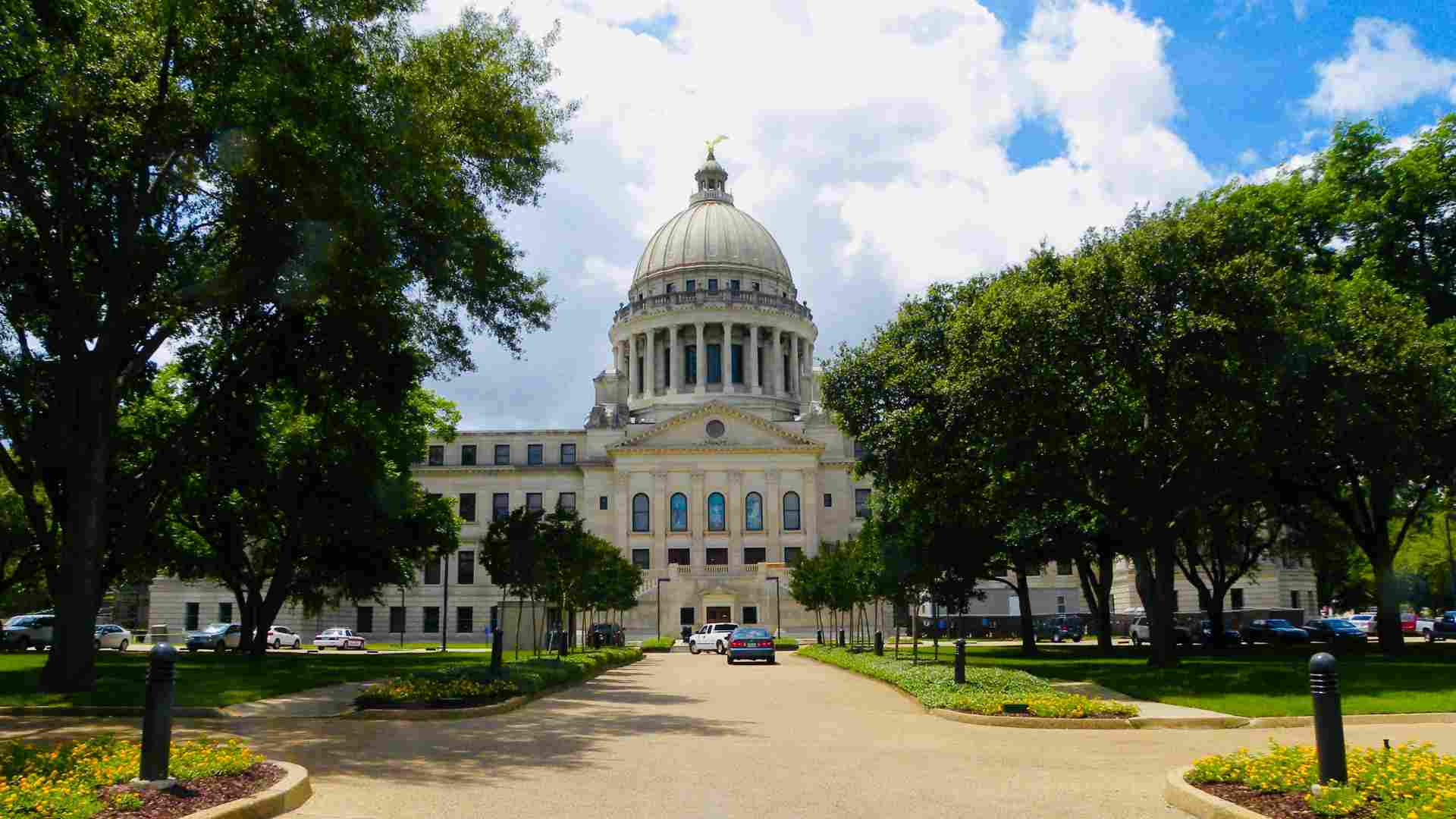
Mississippi boasts one of the lowest state gas taxes at less than $0.19 per gallon. This low tax rate is a significant factor in why gas prices are cheaper in the state.
Lower taxes directly reduce the cost at the pump, making gas more affordable for consumers.
Proximity to Refineries
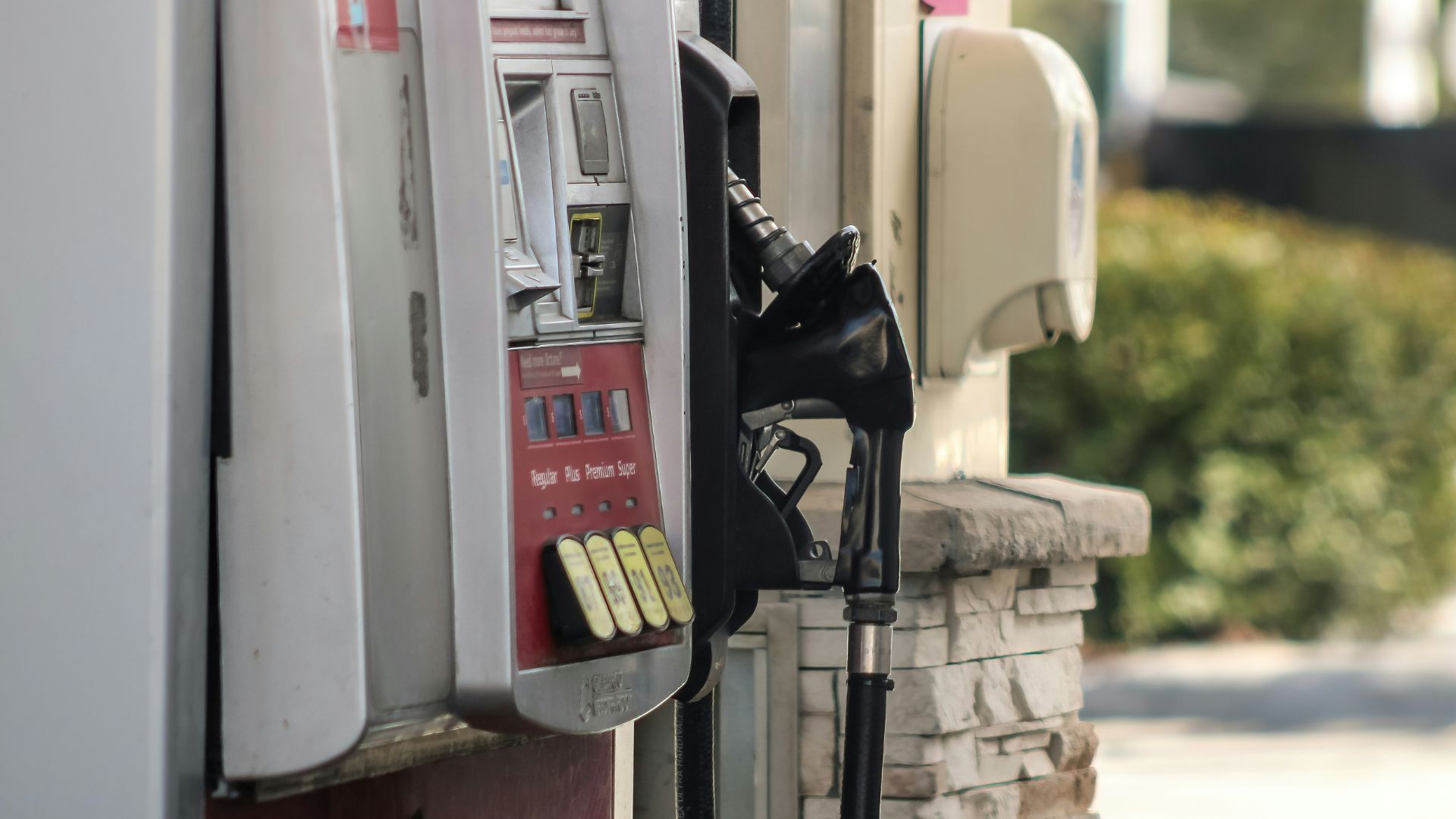
Mississippi benefits from its proximity to major refineries along the Gulf Coast. Shorter transportation distances result in lower costs, contributing to the state’s cheaper gas prices.
Being close to the supply means less expense to get gas to the stations.
Less Stringent Environmental Regulations
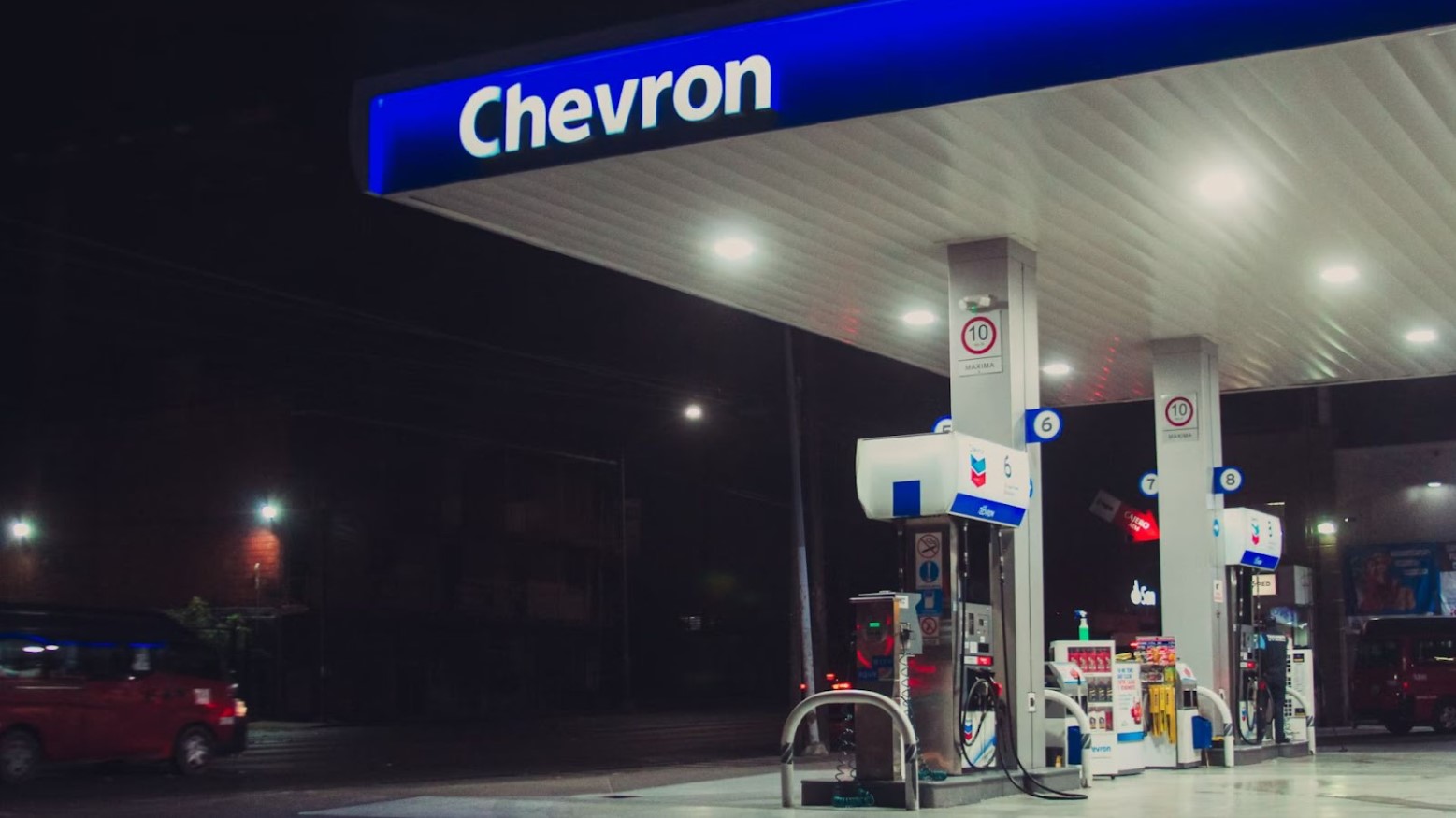
Unlike California, Mississippi has fewer environmental regulations affecting gasoline.
This lack of stringent requirements helps keep the cost of gas lower. With fewer regulations to comply with, the overall production and distribution costs are reduced.
The Role of Competition
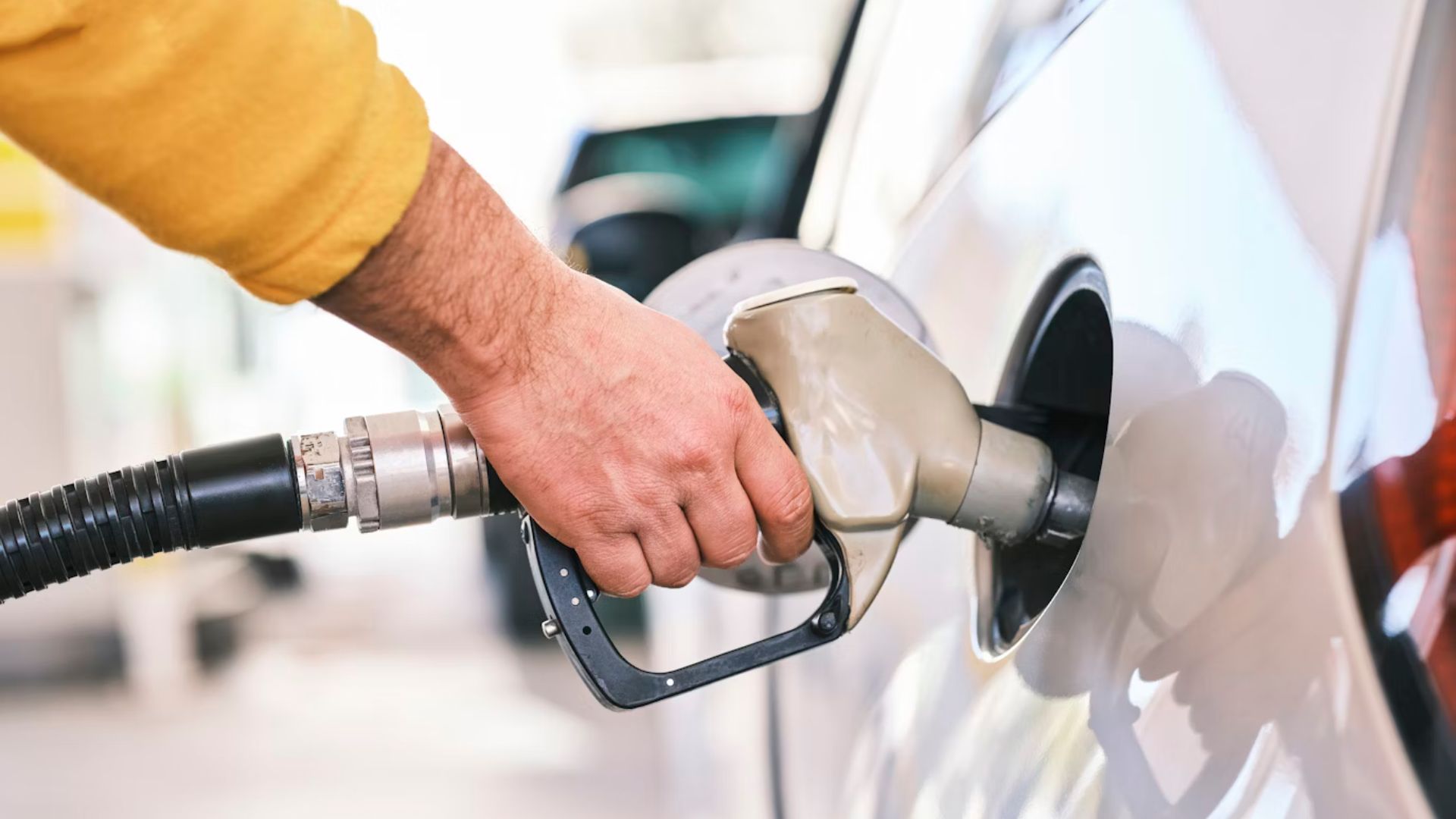
Mississippi has a good balance of gas stations, promoting healthy competition.
This competition helps keep prices lower as gas stations vie for customers. More stations mean more choices for consumers, driving prices down as businesses compete.
National Average Gas Prices
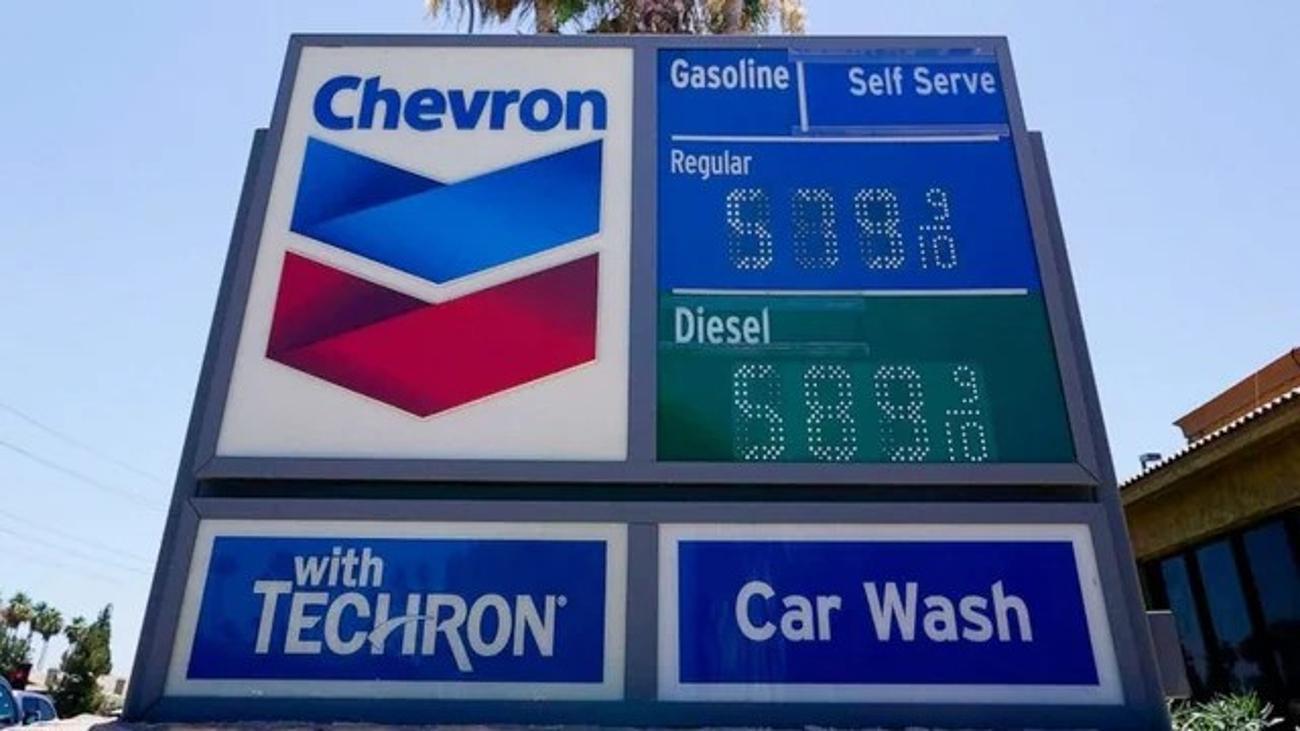
As of April 30, 2024, the national average price for a gallon of gasoline is approximately $3.66. This average hides significant regional differences.
States like California and Mississippi illustrate the impact of local factors on gas prices, with some states being much cheaper than others.
Impact on Consumers
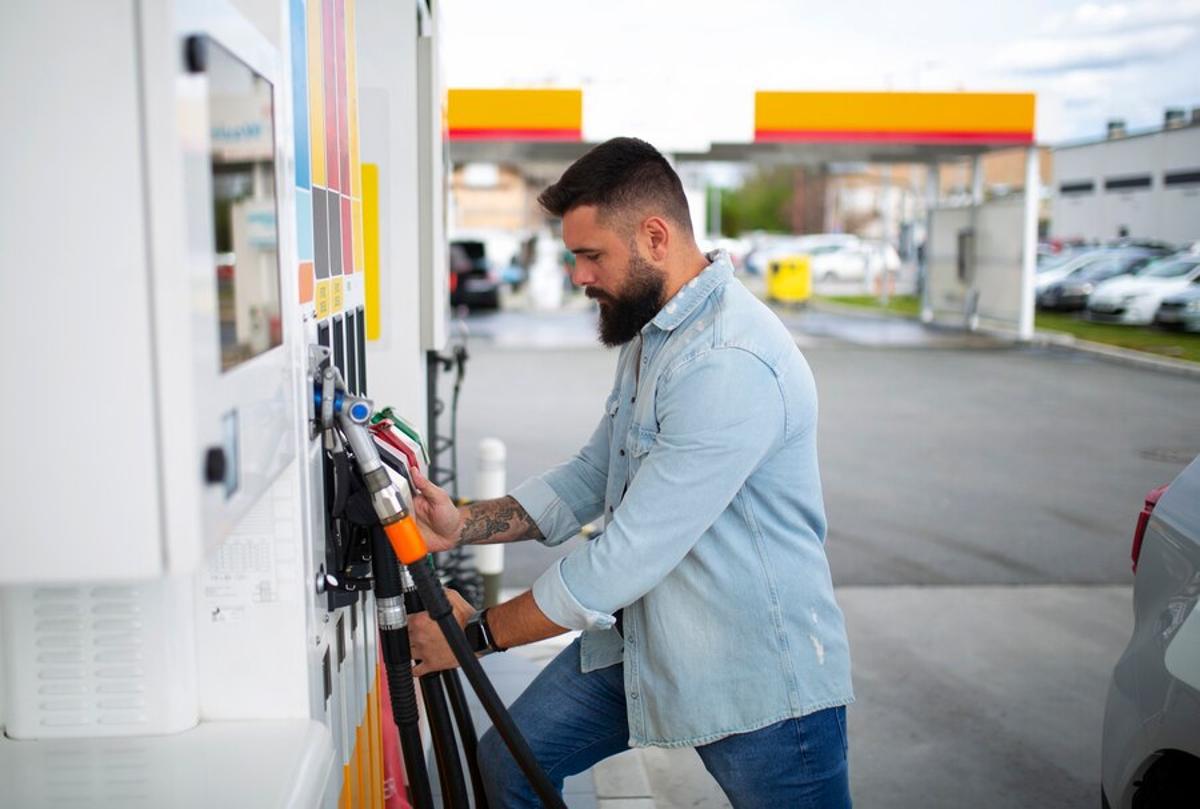
The lower gas prices in Mississippi benefit consumers, especially those with lower incomes. With cheaper gas, individuals can save money on their daily commute to work or school.
This savings also extends to shipping businesses and trucking organizations that rely heavily on gasoline for transportation.
Paying by State
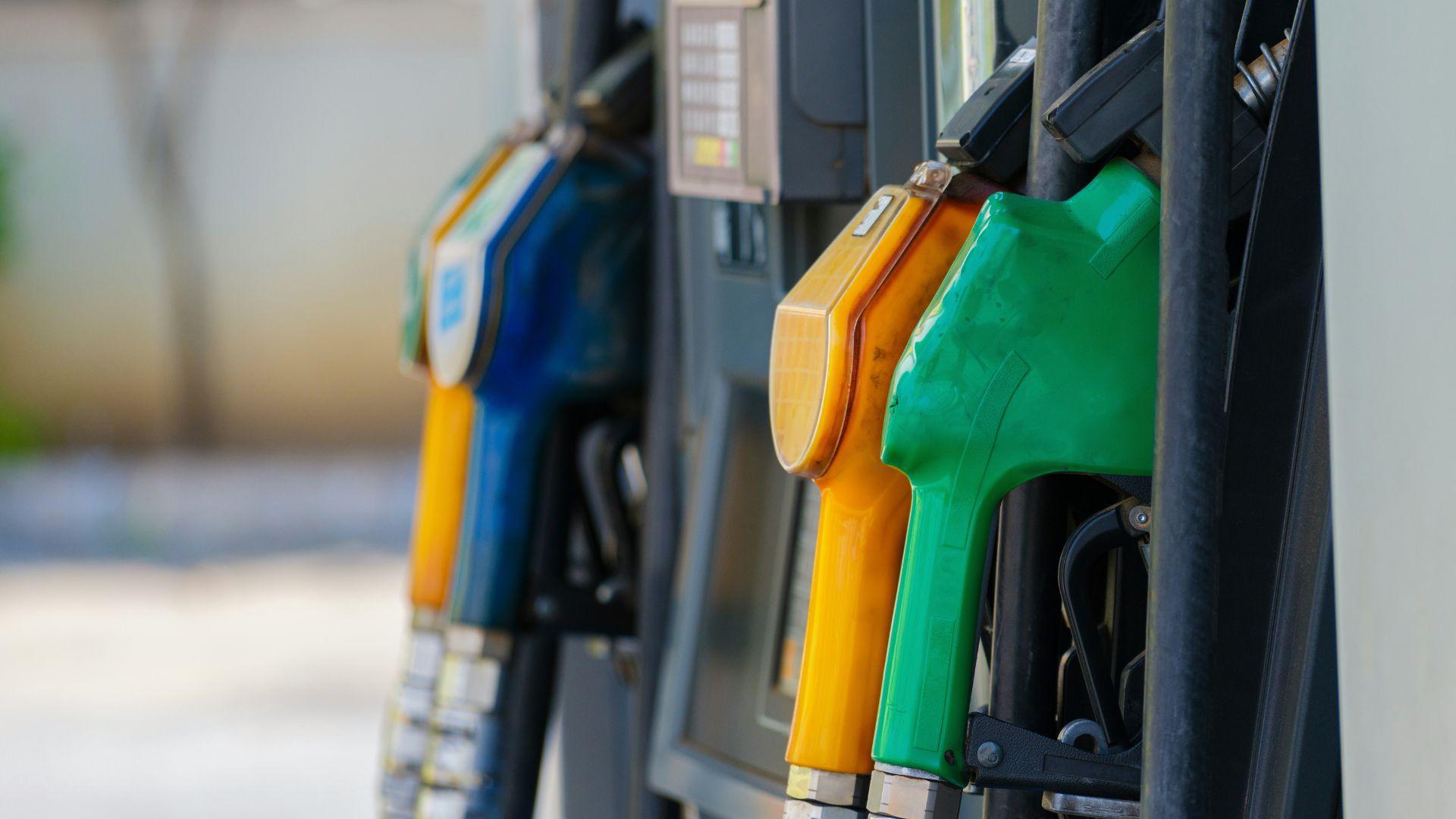
Gas prices are influenced by various factors, including taxes, regulations, and proximity to supply.
The differences between states like California and Mississippi highlight how local policies and geography can impact what drivers pay at the pump.


